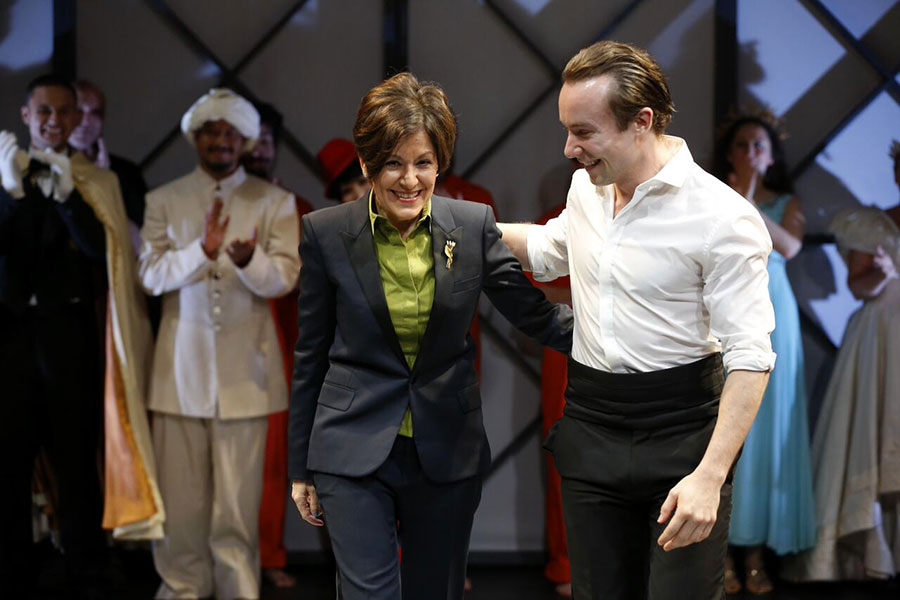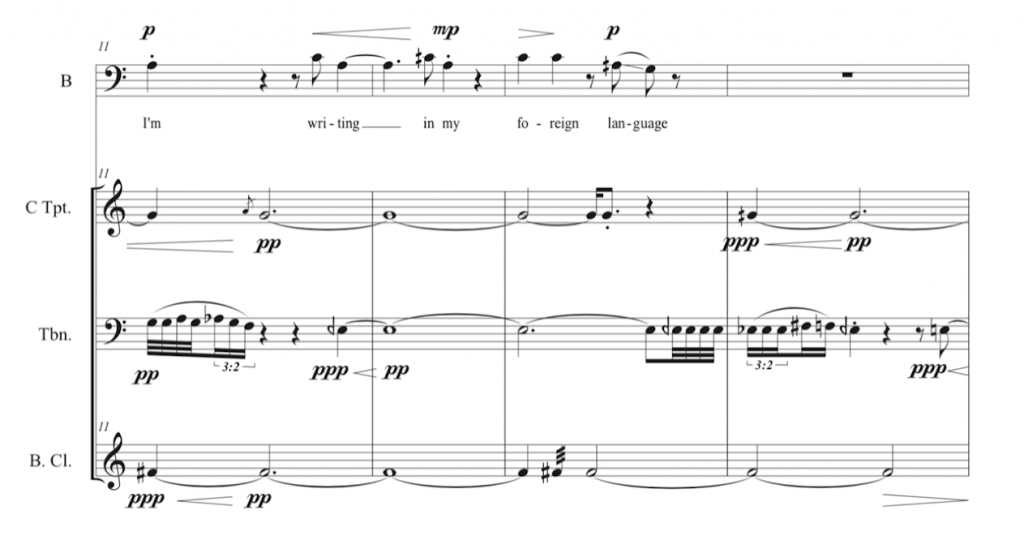
Excerpt from
Part I. United States of Banana
Ground Zero
Chicken With The Head Cut Off
“The president, the secretary of state, the businessman, the preacher, the vendor, the spies, the clients and managers—all walking around Wall Street like chickens with their heads cut off—rushing to escape bankruptcy—plotting to melt down the Statue of Liberty—to press more copper pennies—to breed more headless chickens—to put more feathers in their caps—medals, diplomas, stock certificates, honorary doctorates—eggs and eggs of headless chickens—multitaskers—system hackers—who never know where they’re heading—northward, backward, eastward, forward, and never homeward – (where is home) – home is in the head – (but the head is cut off) – and the nest is full of banking forms and Easter eggs with coins inside. Beheaded chickens, how do you breed chickens with their heads cut off? By teaching them how to bankrupt creativity. By spending their energy declining verbs: I do You do We do They do He does She does It does. Everything is in the doing. What can I do for you? What can you do for me? Scratch my back, and I’ll scratch yours. I can pilot a jet. I can order a salad. I can rollerblade. I can write a play. I can fall in love. And I can do what the subject matter could never do – decline verbs – and subjugate subject matters to become attributes, compliments – feathers in the cap of a chicken that walks like a chicken with its head cut off. Ask me if I can. But never ask me who I am. Because that can only be answered by a being. A doer cannot be. A doer can only do. I am what I do. And if you ask me: who are you? I’ll blink my teary eyes and feel pity for my lack of being – and I’ll threaten to kill myself, but I’ll have no self to kill. I’m caught between two psychosomatic dilemmas – the one that wants to sleep at night in your fat lazy arms of comfort and the one that cheats on your fat lazy ass. Serves you right, old fart, for making me do what I don’t like to do just to support you. Life is short but it feels so long. Serves you right that if I die you get nothing because you’ve spent it all. You didn’t earn the respectability or the visibility or the bread and butter. Serves you right to get nothing – you earned it. I made it – you blew it. My wallet is empty like my life, misspent by my wife. And when I lost my head, I lost my statehood – where I could learn to decline other verbs:
– what was
– what is not
– what does without knowing what was is not anymore what is
– and what I do has nothing to do with what I am.
I was commanded by a subject matter that mattered—but now I am repeating ad nauseam the same conjugation because I killed the subject matter that matters.
– I read I scream I weep
– I do I jump I kiss
– I play I pray I fall
I am, I am, I am – what I do when I do what I have to do. My being doesn’t exist, but when I do, I bring my being into a state of forensic frenzy, and I do what I have to do always. I always fulfill my deadlines because they are the lines of death, and I can never skip what was meant to die by a deadline. And that is my goal. To die when I get to the deadline.
Postdramatic Theater
Excerpt from
PART II. United State of Banana
Burial of the Sardine

Giannina: I’m burying the sardine—the dead body I carry on my back.
Zarathustra: A little fish—in a little coffin. And for this—for this little stinky thing—we came from so far?
Giannina: Look, it’s moving. It’s still alive.
Zarathustra: It’s so salty and ugly it itches and bites.
Giannina: It worked its whole life in the sludge of oil and vinegar. I’ll sprinkle incense, myrrh, and a pound of gold to be buried with it under the sand.
Hamlet: Hurry up. The ferry will leave without us.
Giannina: You have no idea how much I’ve suffered under the influence of this rigorous but retarded sardine. Not a warrior, but a soldier. Making me vow to its regiment of passive-aggressive work. No traveling was allowed. No smoking allowed. No pets allowed. No one could get near me because the sardine would stink – and its stink would bite. Sometimes it would fly around the rim, but it would always dive back into the can of sardines – looking for its paycheck. Every two weeks – it brought me a salary – the stinky sardine – and I brought home all I could buy with that salary – confinement, imprisonment. Depending on a salary made me salivate – but it blew my mind to dust – the dust that blows around and makes you cough – but you hardly can see it because it’s made of dust. But I’m not made of dust—I’m made of flesh – and making love to the little sardine drove me crazy. It was such a little fish it barely filled my mouth. I could hardly eat it. I grew hungry – hungry for a big fish. God help me – no more fish! Please no clams, no oysters! Please – nothing shelled or scaled! Nothing salted – nothing finned or fanged! Because it had fangs – the sardine had fangs – and it bit me like a rabid squirrel. It must have known I wanted to bury it. Its fangs were long – and its screams were shrill – and it held grudges – and it had bones to pick. It blamed me for keeping it down – but all I wanted was its liberation from the can. I wanted it to breathe clean air – and to sing. Your mouth is already open – now take a deep breath, little fishy, and sing – sing a song of love. You know my cords are made of vibrant colors. You know I too come from the sea – but I don’t come with grudges in my fangs. I come with wings to fly from your stink. I hate sardines.
Zarathustra: Then why do you eat them?
Giannina: Because I detest their helplessness. I wouldn’t eat a lion. It would eat me first. I eat what is weaker than me. I like lamb. I watch a grazing lamb, and my mouth waters. I could eat it alive. But not sardines. They’re already dead. They never lived. They’re dead even when they’re alive. Always with their mouths open. Begging for water. And I don’t mind beggars. But sardines are not beggars – they’re squirmers. They beg for water – but what they really want is to eat you alive – with their deadliness – which is a plague – a virus – bacteria – something contagious that kills you without killing you. They open their mouths to beg for water – but do nothing but gulp the draught and wait for water – with their mouths open – as if snoring, which is worse than imploring – they’re beggarly beggars that don’t even beg – they’re too dead to beg – and they’re deadly contagious. It’s their deadliness that lingers over me every day of my life – the dead inertia of the sardine that obeys and begs for water, gallons of water, and does what it’s asked to do in spite of no water and denies itself so much – that it doesn’t realize it doesn’t have a being anymore – and it lets itself be canned – always with its open mouth saying: – Drop dead, but give me drops of water. I don’t want to be buried alive. I want to survive. I’m a salaried sardine. Give me more money. That’s why they’re so salty and ugly, they itch and bite. Because they’re salivating for salty salaries – salty salaried sardines.
Zarathustra: It is not a sardine. It is a big fish.
Giannina: The coffin is small, but the stench is immense …
Adaptations and Translations

United States of Banana was written by Giannina Braschi in English and first published by AmazonCrossing (2011). The cross-genre book has since been adapted into other artforms, including:

- a Latinx graphic novel co-created with Joakim Lindengren (2017);
- a theater play directed by Juan Pablo Felix (2015);
- a series of short-short films by Michael Somoroff (2011);
- a series of drawings and wood carvings by Michael Zansky (2011-2018); and,
- chamber music works by Gabriel Bouche Caro (2020, 2021+).
Manuel Broncano translated United States of Banana into Spanish as Estados Unidos de Banana (AmazonCrossing, 2015). Helena Eriksson rendered the text into Swedish (Colbolt, 2017).
Excerpts have been appeared in journals and anthologies on Latino/a Literature, Latinx Speculative Fiction, Puerto Rican Literature, the American Novel, Postcolonial Theater, and Postmodern Literature.Excerpts also appeared in scholarly books on September 11th, terrorism, globalization, ecology, and economy.
